Volume 76, Numbers 1 & 2 of North Dakota Quarterly is devoted to “Hemingway in His and Our Time” and features the following authors and their works:
H. R. Stoneback
For Whom the Flood Rolls: Ernest Hemingway and Robert Penn Warren—Connections and Echoes, Allusion, and Intertextuality
Ben Stoltzfus
Hemingway’s Iceberg: Camus’ L’Etranger and The Sun Also Rises
Jeffrey Herlihy
The Complications of Exile in Ernest Hemingway’s The Sun Also Rises
Joseph Holt
The Textual Condition of Hemingway’s African Book
Walter Houk
Hemingway’s Cuban Son Looks Back on Life with Papa
Allen Josephs
Confessions of an Animal Lover: Clearing Up a Few Things about Hemingway, Spain, and the Bulls
Allen Josephs
Picasso, Hemingway, and Lorca: or Toreo As a Modernist Principle
Melanie Conroy-Goldman
10,000 Words (story)
Matthew Nickel
Lighthearted Sinners and Pious Puritans, Followers, and Believers: Hemingway’s “Holy War Meat Eaters and Beer Drinkers Happy Hunting Ground and Mountain Religion” in Under Kilimanjaro
Brad McDuffie
Teaching In Our Time to Freshmen (poem)
Donald Junkins
Martha Gellhorn’s Letters
David Raabe
Dempsey over Hemingway in Three Rounds
Robert E. Fleming
The Deaths of the Children in Islands in the Stream
Robert E. Gajdusek
Bimini
Ron McFarland
Three Novels on Hemingway in Cuba
Zak Haselmo
Hemingway: Eight Decades of Criticism
Donald A. Daiker
“Don’t Get Drunk, Jake”: Drinking, Drunkenness, and Sobriety in The Sun Also Rises
Marina Gradoli
Hemingway’s Criteria in Ordering the Sequence of the Vignettes of in our time (1924) and In Our Time (1925)

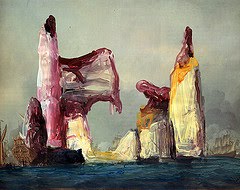

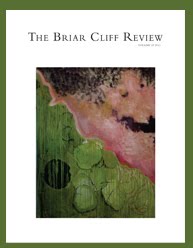
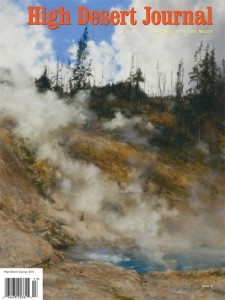
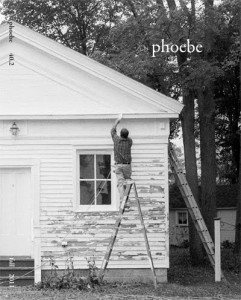
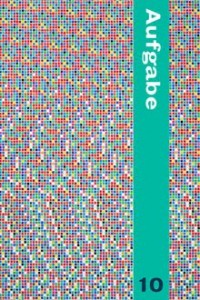

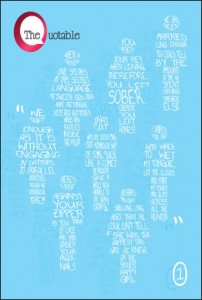




 First place: Melissa Yancy, of Los Angeles, CA, wins $2000 for “Teeth Apart.” Her story will be published in the Summer 2012 issue of Glimmer Train Stories. [Photo credit: Stacy Clinton.]
First place: Melissa Yancy, of Los Angeles, CA, wins $2000 for “Teeth Apart.” Her story will be published in the Summer 2012 issue of Glimmer Train Stories. [Photo credit: Stacy Clinton.]